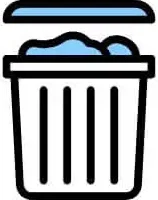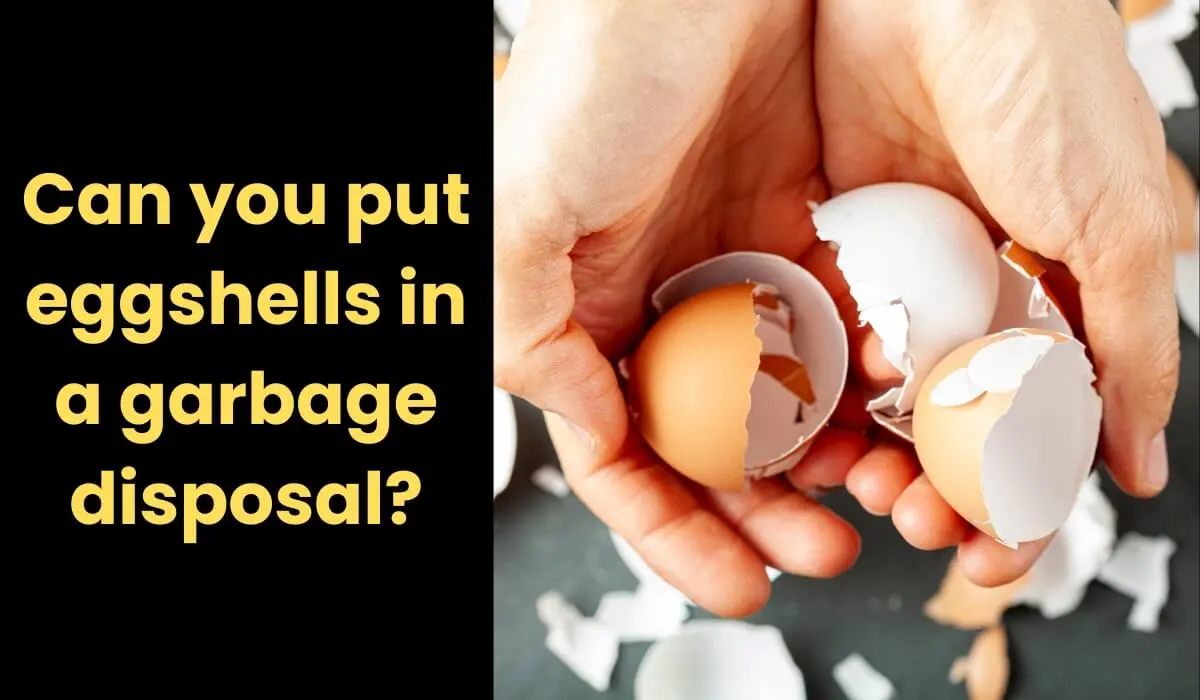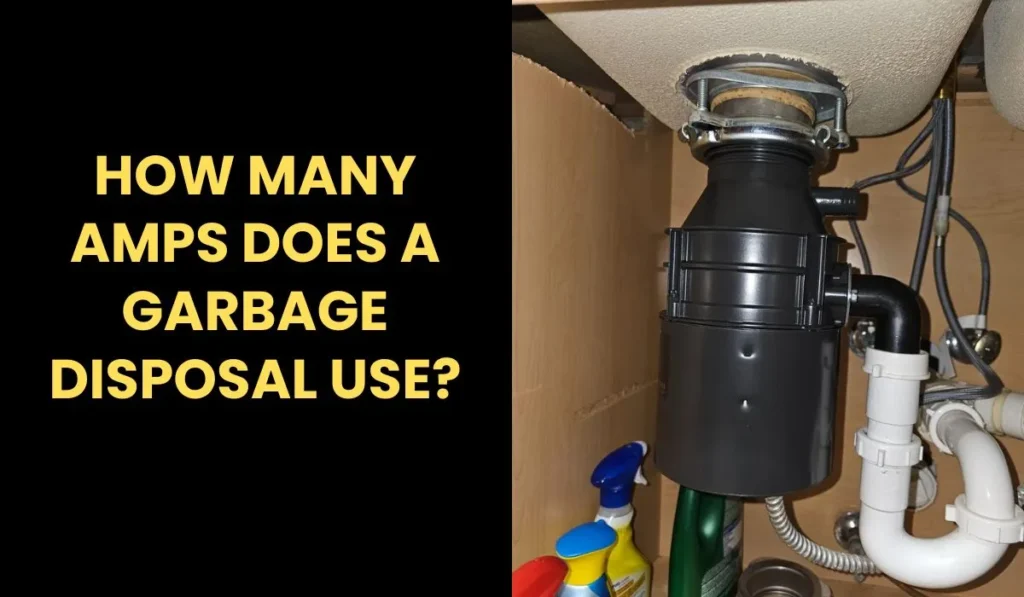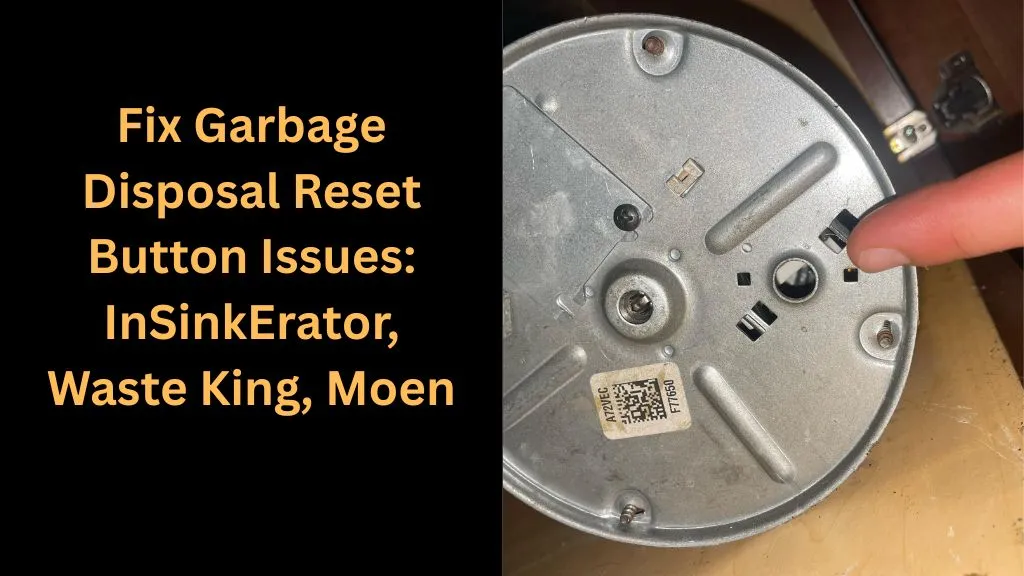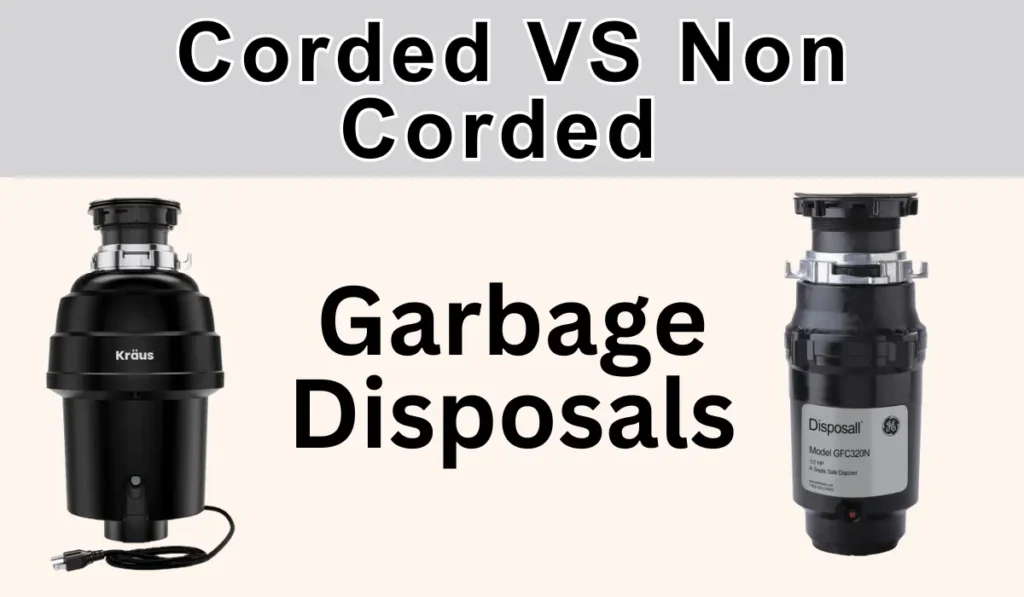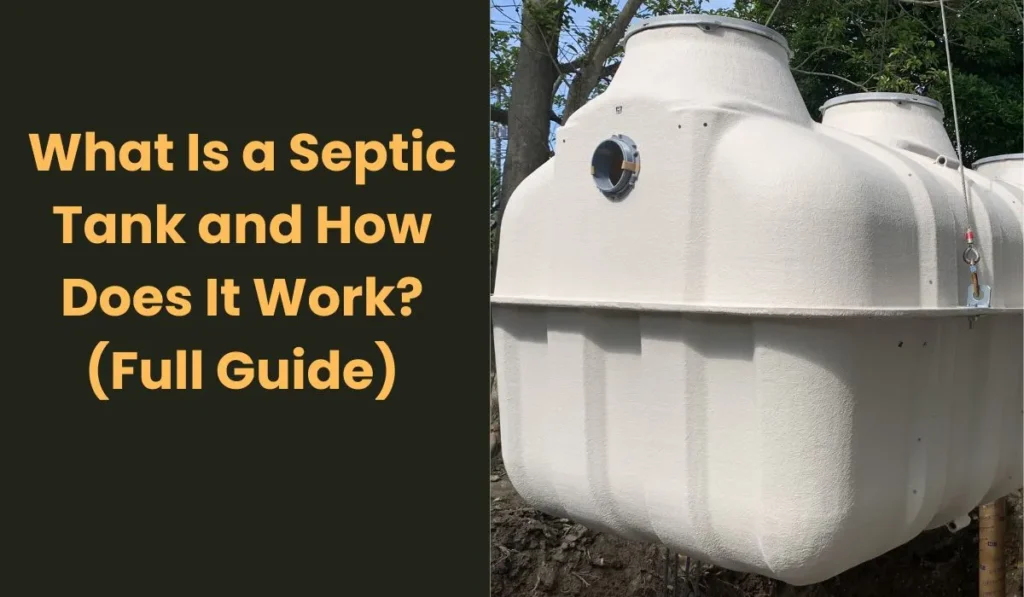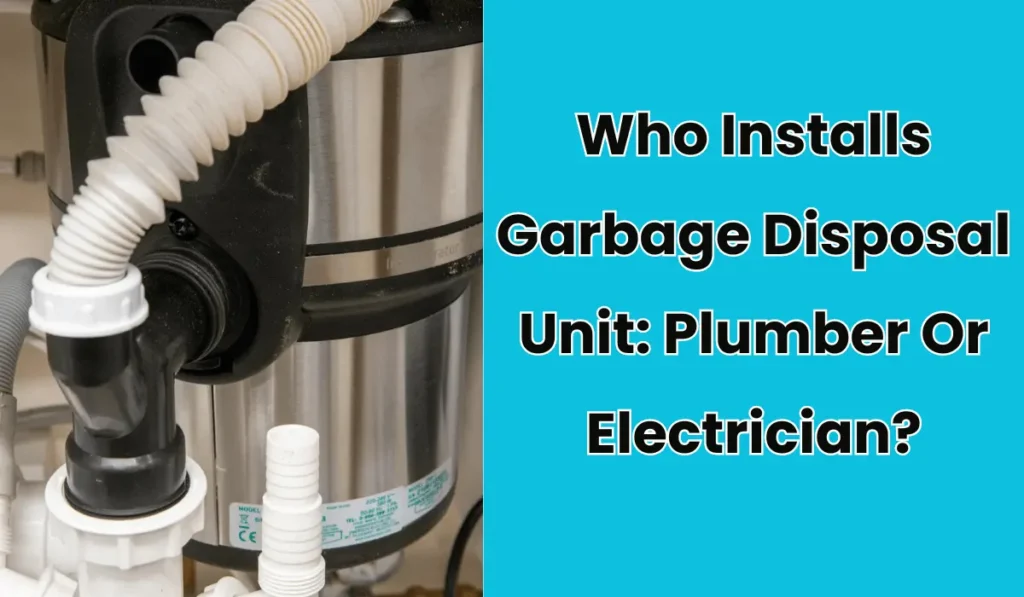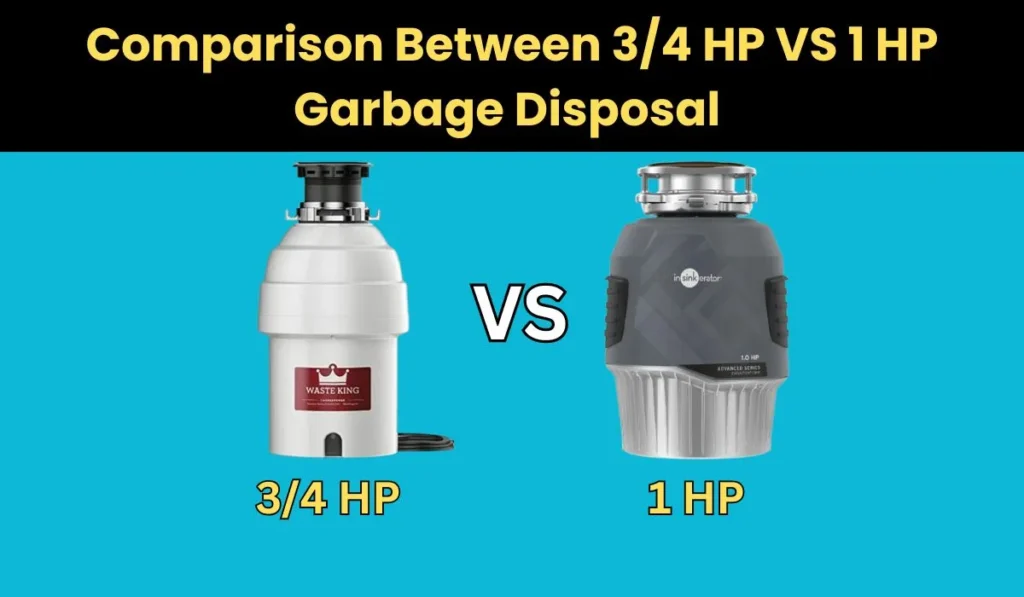How To Unclog Eggshells In A Garbage Disposal?
You’re cracking eggs for breakfast, rinsing dishes, and — whoops — those eggshells slide right into the garbage disposal. It seems harmless, right? Unfortunately, eggshells are one of the biggest culprits behind slow drains and clogs.
Unlike soft food scraps that break down into fine particles, eggshells create a gritty paste when mixed with grease and water. Over time, this sticky residue coats the disposal chamber and pipes, eventually forming a hard buildup that’s tough to remove.
If your disposal starts humming, grinding slowly, or backing up, don’t panic. You can usually fix the problem yourself in a few simple steps.
Simple steps to Unclog Eggshells in a Garbage Disposal
1. Stop the Disposal and Water Flow
The first and most important step is to turn everything off. If you keep the disposal or water running, it can push the eggshell debris deeper into the pipes, making the clog harder to fix. Immediately switch off both the disposal and the faucet. Next, head to your breaker panel and flip the circuit that powers your garbage disposal to the OFF position for complete safety. To confirm it’s fully off, try flipping the wall switch once more — the disposal should stay silent. This step isn’t just about stopping the jam; it’s about protecting yourself from electrical hazards while you work on unclogging the unit.
2. Reset the Garbage Disposal
If your disposal suddenly stops running, it may have automatically shut down due to an overload. That’s when the reset button comes in handy. Look underneath the disposal for a small red or black button — this is the reset switch. Press it firmly until you hear or feel a click. If the motor was tripped, this will restore power once the clog has been cleared. However, if the button pops back out right away, there’s still a blockage inside the chamber that needs to be manually freed before the disposal can safely run again.
3. Manually Clear the Clog
When the reset doesn’t solve the problem, it’s time to manually break up the eggshell sludge that’s jamming the blades. Find the small hex hole located at the very bottom center of your garbage disposal. Insert an Allen wrench (usually provided with your unit) into this hole and twist it back and forth several times. This motion rotates the impellers manually, helping to loosen and dislodge stuck shell debris. Keep turning until the wrench spins freely — that’s a sign the clog has been cleared.
💡 Safety Tip: Never, under any circumstances, reach your hand directly into the disposal. If you don’t have the Allen wrench, you can use the handle of a wooden spoon to gently move the impellers instead — but only after confirming that the power is completely off at the breaker box.
4. Use Baking Soda and Vinegar
If the blades are now moving freely but the sink still drains slowly, the problem may be a sticky residue inside the pipes. A simple baking soda and vinegar mix works wonders here. Start by pouring ½ cup of baking soda down the drain, followed by 1 cup of white vinegar. Let the fizzing reaction work for 15–20 minutes — this natural chemical reaction helps loosen grease, eggshell paste, and grime buildup. Once the reaction settles, flush the drain with hot (but not boiling) water for about a minute. This eco-friendly cleaning method not only helps break down leftover sludge but also leaves your disposal smelling fresh and clean.
5. Use a Plunger
If water still refuses to drain properly, try using a sink plunger (not a toilet plunger). Place the plunger over the drain opening to form a tight seal. Fill the sink with enough water to cover the rubber cup — this creates better suction. Then push down firmly and pull up sharply several times to build pressure inside the pipe. The rhythmic suction can often loosen tough eggshell clumps stuck beyond the disposal chamber. If your sink has two basins, block the other drain with a wet rag or stopper to maintain full suction during plunging.
6. Clean the P-Trap
If plunging doesn’t solve the issue, the clog is probably trapped in the P-trap, the curved section of pipe under your sink that catches debris and prevents sewer gases from entering your home. Place a bucket underneath the pipe to catch any water that spills out. Loosen the slip nuts on both ends of the trap using pliers or your hands and gently remove it. Check inside for any hardened eggshell sludge or buildup. Rinse the trap thoroughly with warm water, clean out all debris, then reattach it securely. Once it’s back in place, run cold water and inspect for leaks. A properly cleaned P-trap should restore normal drainage and prevent future clogs.
Further Reading:
What Is a Hex Key and How to Use It
How to Keep Pests Out of Your Garbage Disposal
Do Ice Cubes Sharpen Garbage Disposal Blades?
How To Get Rocks or gravels Out Of Garbage Disposal
Can You Put Drain Cleaner In A Garbage Disposal?
Can You Put Lettuce & Cabbage Down A Garbage Disposal?
Conclusion
Alright, we’ve gone through a lot today, diving into whether it’s cool to toss eggshells into your garbage disposal. We figured out that the shells themselves aren’t much of a problem, but the gooey stuff inside them can stick around and clog things up over time. We also shared a few handy tricks to fix your disposal if eggshells or anything else gets it jammed.
Plus, we looked at some clever ways to reuse eggshells instead of just chucking them in the bin. From helping your compost at home to giving a calcium boost to your garden or even scrubbing your pots cleaner, eggshells have got some neat tricks up their sleeves.
So, remember to treat your garbage disposal right. Be smart about what you put down there, keep it running with plenty of water, and clean it regularly to dodge those nasty smells. Stick to these simple habits, and your disposal should keep humming along just fine, keeping your kitchen cleaner and greener.
The Author

Muhammad Nabeel Dar has worked in the waste management industry for over 10 years, specializing in residential waste systems and kitchen efficiency solutions. He writes about practical home improvements, cost-effective appliance choices, and sustainable waste management practices that help homeowners make informed decisions. His hands-on experience with both commercial and residential waste systems provides unique insights into what actually works well in real-world home environments versus what just sounds good in marketing materials.
